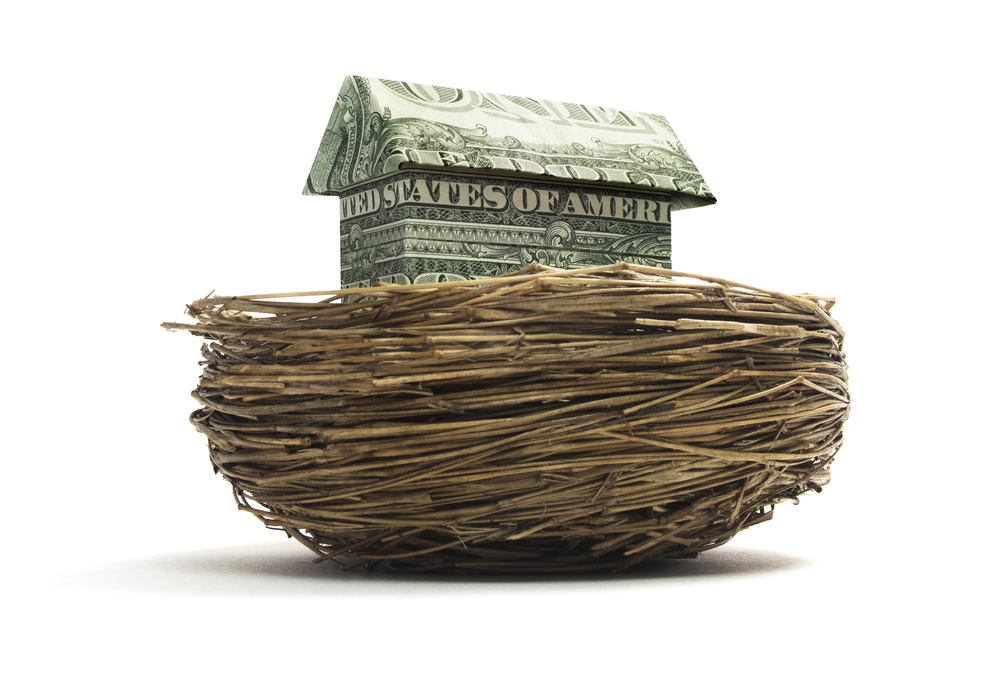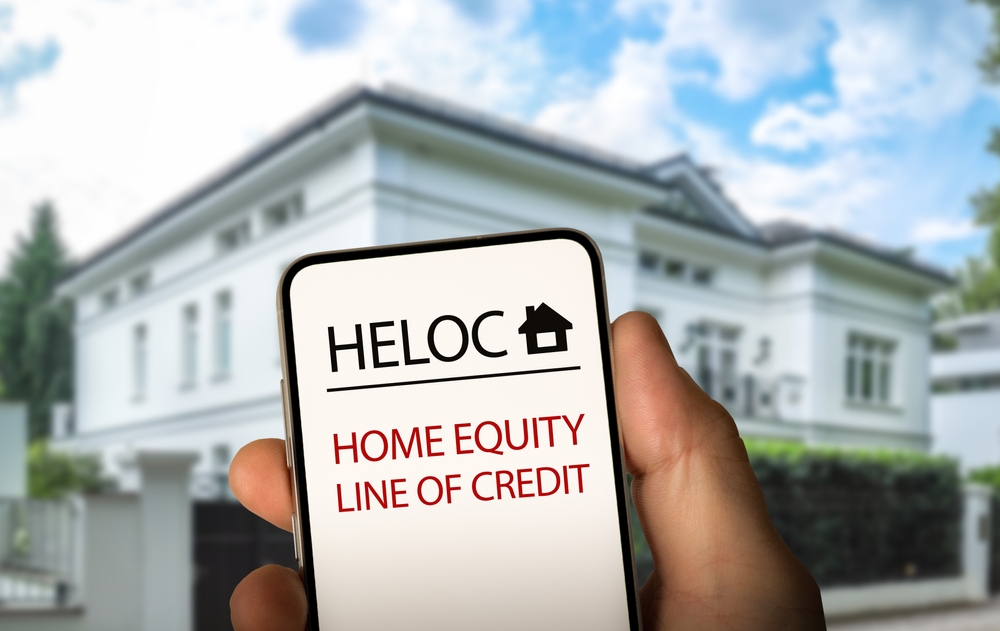You’re considering tapping into your home’s equity, but which option is best for you: a lump sum home equity loan or a flexible HELOC? Both have pros and cons. Home equity loans offer fixed rates and predictable payments, while HELOCs provide a revolving credit line with variable interest rates. You’ll need to weigh the benefits of stability vs. flexibility, considering your financial situation and goals. By understanding the differences in repayment, interest rates, and fees, you can make an informed decision. Take the next step to determine which option aligns with your needs and sets you up for financial success.
Key Takeaways
Home equity loans offer fixed rates and repayment terms, providing stability and predictability in borrowing.
HELOCs feature variable rates and flexible repayment options, making them suitable for uncertain expenses.
Consider your comfort level with uncertainty and risk tolerance when choosing between fixed and variable rates.
Calculate the total borrowing cost, including interest rates and fees, to determine the most cost-effective option.
Review and carefully compare the terms, repayment schedule, and interest rates of home equity loans and HELOCs before committing.
Understanding Home Equity Loans
You’re likely considering a home equity loan because you need to tap into the value of your property to cover a major expense or consolidate debt. This type of loan allows you to borrow a lump sum of money using your home’s equity as collateral. You’ll receive the funds upfront and repay the loan, plus interest, over a set period, usually 5-15 years. Home equity loans offer fixed interest rates, fixed monthly payments, and a predictable repayment schedule. This can be a good option if you need a one-time infusion of cash for a specific purpose, such as paying for a wedding, financing a home renovation, or consolidating high-interest debt.
To qualify, you’ll typically need at least 15% to 20% equity in your home and a decent credit score. Lenders will also consider your income, credit history, and debt-to-income ratio. Once approved, you can expect to receive a lump sum of cash, which you can use as needed.
Remember to carefully review the loan terms, repayment schedule, and interest rates before committing to a home equity loan. With careful planning and responsible borrowing, a home equity loan can be a smart way to tap into your home’s value and achieve your financial goals.
How Helocs Work and Differ
As you weigh your options for tapping into your home’s value, consider a home equity line of credit (HELOC), which operates differently from a home equity loan, offering a revolving credit line that lets you borrow and repay funds as needed. With a HELOC, you’re approved for a specific credit limit, but you only borrow what you need, and interest is only charged on the borrowed amount. This can be beneficial if you’re unsure of the total cost of your project or expense.
You’ll typically have a draw period, during which you can borrow and repay funds as needed. This period can last several years, and you’ll usually have a variable interest rate tied to a benchmark like the prime rate. You’ll also have a repayment period, during which you’ll need to pay back the borrowed amount, plus interest.
HELOCs are often used for ongoing expenses, like home renovations or education costs, where you don’t know the total cost upfront. They can also be used for debt consolidation or unexpected expenses.
Key Differences in Repayment
When it comes to repayment, one key difference between home equity loans and HELOCs lies in their repayment structures, with home equity loans typically offering fixed interest rates and repayment terms, while HELOCs often feature variable rates and more flexible repayment options.
As a homeowner, you need to consider how these differences will impact your financial situation. With a home equity loan, you’ll have a fixed monthly payment and a set repayment term, usually 5-15 years. This can provide a sense of stability and predictability, which can be comforting.
On the other hand, HELOCs often have a draw period, during which you can borrow and repay funds as needed. After the draw period, you’ll enter a repayment phase, which can last up to 20 years. During this time, you’ll need to make regular payments, which may vary depending on the outstanding balance and interest rate.
Understanding these differences is crucial in determining which option is best for you. Will you prefer the stability of a fixed-rate loan, or the flexibility of a HELOC? The choice you make will have a significant impact on your financial future.
Comparing Interest Rates and Fees
Now that you’ve considered the repayment structures, it’s time to examine the interest rates and fees associated with home equity loans and HELOCs, which can significantly impact the overall cost of borrowing.
You need to understand that both options come with different interest rates and fees, which can add up quickly. With home equity loans, you’ll typically face fixed interest rates, which can range from 4% to 8% APR. On the other hand, HELOCs often come with variable interest rates, which can fluctuate based on market conditions. These rates can range from 3% to 7% APR.
In addition to interest rates, you’ll need to consider fees associated with each option. Home equity loans often come with origination fees, title insurance, and appraisal fees, which can total up to 2% to 5% of the loan amount. HELOCs, on the other hand, may come with annual fees, inactivity fees, and early closure fees.
To make an informed decision, you need to calculate the total cost of borrowing, including both interest rates and fees. By doing so, you’ll be able to determine which option is the most cost-effective for your specific situation.
Choosing Between Fixed and Variable
You must decide whether a fixed or variable interest rate aligns better with your financial goals and risk tolerance. This choice is crucial, as it will impact your monthly payments and overall borrowing costs.
With a fixed interest rate, you’ll have predictable payments and protection from rising market rates. This option is ideal if you’re on a tight budget or want long-term stability.
On the other hand, a variable interest rate can provide more flexibility and potentially lower rates, but it also comes with the risk of increased payments if market rates rise. Consider your comfort level with uncertainty and whether you’re willing to take on that risk.
If you’re looking for a balance, some lenders offer hybrid options that combine fixed and variable elements. Take the time to weigh your options carefully, and don’t hesitate to ask questions or consult with a financial advisor if needed. The right choice will depend on your unique situation and priorities.
Considering Your Financial Situation
Before applying for a home equity loan or HELOC, take a hard look at your financial situation, scrutinizing your income, expenses, debts, and credit score to determine how much you can afford to borrow and repay. You need to know exactly where you stand financially before committing to a loan.
Calculate your debt-to-income ratio to see how much of your monthly income goes towards debt repayment. Check your credit report to identify areas for improvement and dispute any errors. Consider your emergency fund – do you have enough savings to cover 3-6 months of living expenses? Knowing your financial strengths and weaknesses will help you make an informed decision about borrowing.
Be honest with yourself – are you living paycheck to paycheck, or do you have a stable financial foundation? Are there areas where you can cut back on expenses to free up more money for loan repayments? Take the time to assess your financial situation, and you’ll be better equipped to determine how much you can afford to borrow and repay.
This self-reflection will help you make a responsible decision about your financial future.
Making an Informed Decision
With a clear understanding of your financial situation, it’s time to weigh the pros and cons of home equity loans and HELOCs, considering factors like interest rates, repayment terms, and fees to make an informed decision that aligns with your financial goals.
You’ve got this – you’ve worked hard to get to this point, and now it’s time to make a choice that will impact your financial future.
Take a close look at the interest rates and repayment terms of each option. Are you comfortable with a fixed interest rate and a lump sum of cash, or do you prefer the flexibility of a revolving line of credit? Consider your credit score, income, and debt-to-income ratio – how will they affect your loan or credit line?
Don’t forget to factor in fees, such as origination fees, closing costs, and annual fees. Make a list, do the math, and prioritize your needs. You’re making a decision that will affect your financial well-being for years to come.
Take your time, stay focused, and choose the option that best fits your goals and priorities.
Frequently Asked Questions
Can I Use a Home Equity Loan to Purchase a New Home?
You can use a home equity loan to purchase a new home, but first, you’ll need to sell your current home, then use the loan proceeds as a down payment on the new property.
Do I Need an Appraisal to Get a Home Equity Loan or Heloc?
You’ll typically need an appraisal for a home equity loan, but not always for a HELOC; lenders may use automated valuations or existing appraisals, so check with yours to confirm their specific requirements, saving you time and hassle.
Can I Deduct the Interest on a Home Equity Loan From My Taxes?
You can deduct interest on a home equity loan from your taxes, but only if you use the loan proceeds to “buy, build, or substantially improve” your primary residence, and itemize deductions on Schedule A.
Can I Use a Home Equity Loan to Pay for College Tuition?
You can use a home equity loan to pay for college tuition, but be aware that you’ll need to weigh the pros and cons, including interest rates and repayment terms, before making a decision that works best for you.
Can I Get a Home Equity Loan With Bad Credit?
“You can get a home equity loan with bad credit, but be prepared for higher interest rates and stricter terms. Check your credit score, gather financial documents, and shop around for lenders that cater to borrowers with poor credit.”
Conclusion
You’ve weighed the pros and cons of home equity loans and HELOCs. Now, it’s time to act. Consider your financial situation, loan goals, and repayment strategy.
Don’t let uncertainty hold you back – choose the option that aligns with your needs. Whether you opt for a fixed-rate loan or a flexible HELOC, make an informed decision today and take the first step towards unlocking your home’s equity.



